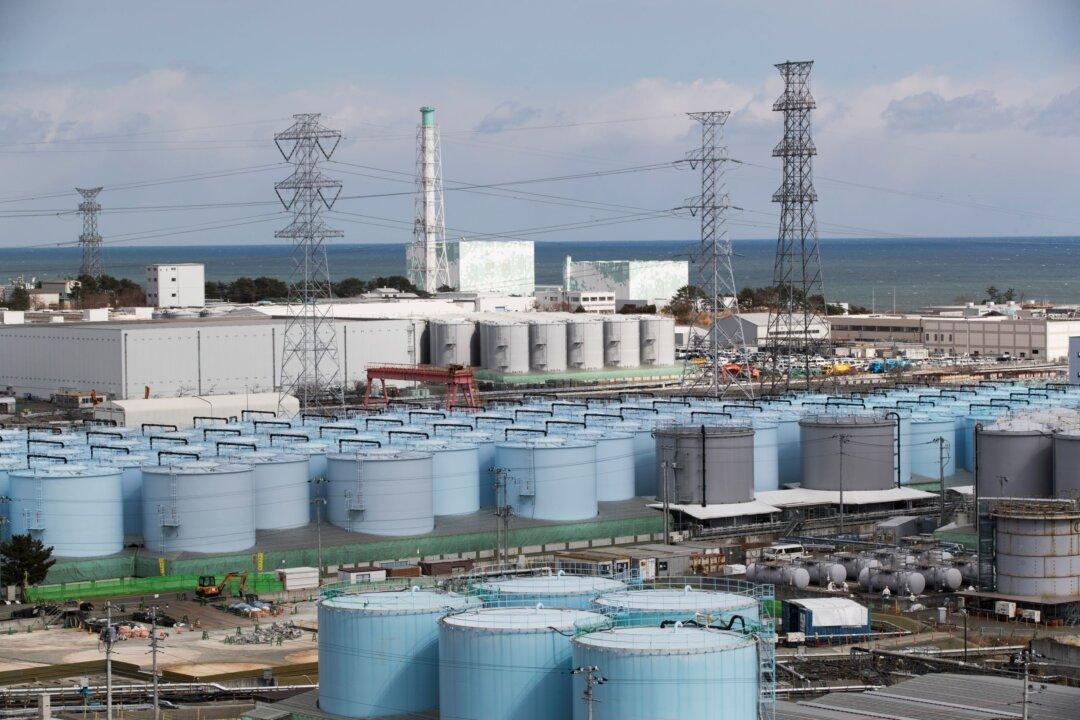Japan’s new energy minister said the country’s power supply challenges necessitate further restarts of nuclear reactors that have been taken offline since the 2011 Fukushima disaster.
Energy Minister Yasutoshi Nishimura, who took office on Aug. 10, said on Friday that he will push for the revival of the remaining nuclear plants that have not been certified for operation by the Nuclear Regulation Authority.





